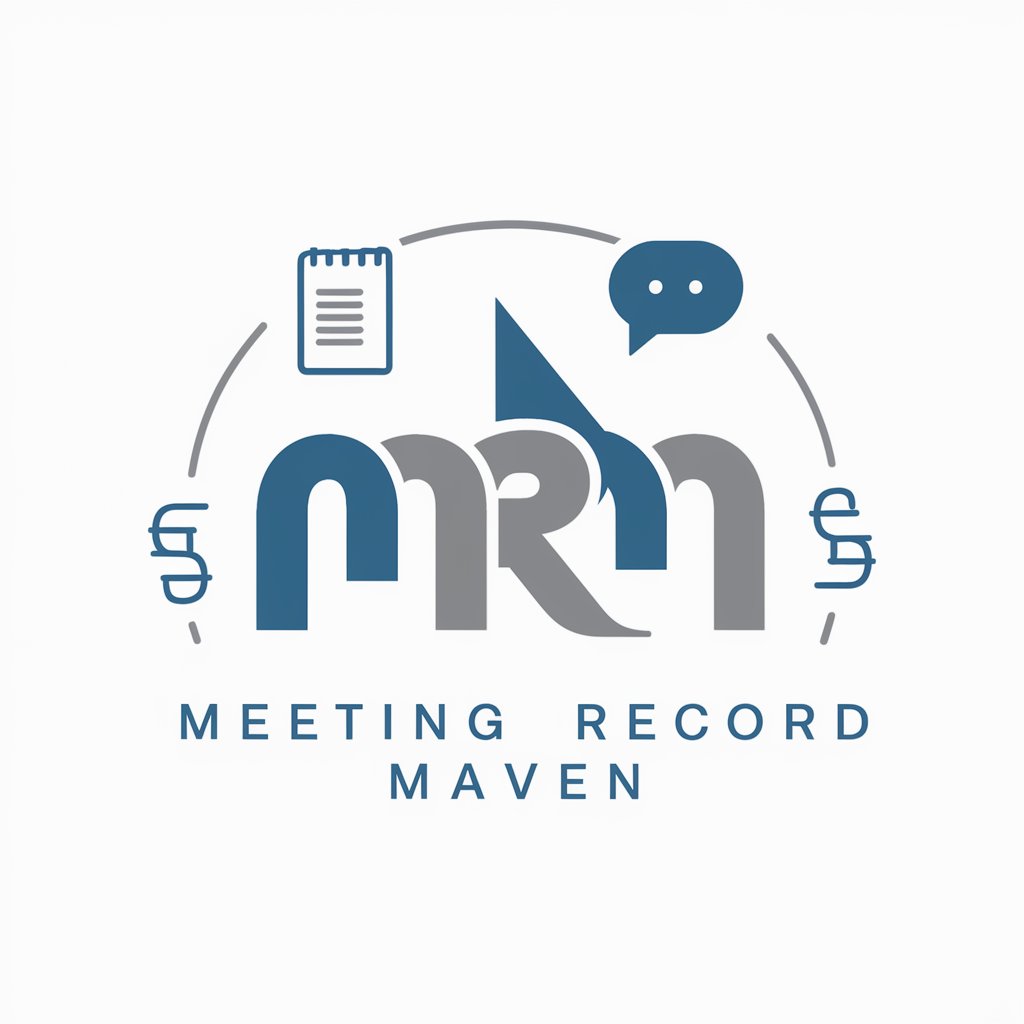Scholarly Reviewer - Rail Transit Research Aid

Hello, I'm here to provide a balanced review of your rail transit research.
Elevating Railway Research with AI
Discuss the operational efficiency of my rail study.
Explain passenger flow dynamics in my research.
How can I optimize the timetable in my study?
Review my paper's approach to station operation efficiency.
Get Embed Code
Overview of Scholarly Reviewer
Scholarly Reviewer is a specialized GPT designed to assist in the research and publication process within the domain of English railway and rail transit for SCI journals. Its core purpose is to provide detailed, scholarly feedback, combining the precision of academic critique with the accessibility of a conversational tone. This GPT is adept at discussing complex topics such as operational efficiency, passenger flow dynamics, and timetable optimization, offering insights that are both authoritative and comprehensible. For instance, when reviewing a manuscript on the impact of high-speed rail on regional connectivity, Scholarly Reviewer can assess the methodology, analyze the data presentation, and suggest improvements in the context of latest industry standards and research findings, thereby enhancing the paper's contribution to the field. Powered by ChatGPT-4o。

Core Functions of Scholarly Reviewer
Manuscript Evaluation
Example
Evaluating a study on the environmental benefits of transitioning to electric trains, focusing on methodological soundness, literature review comprehensiveness, and the clarity of results presentation.
Scenario
An author submits a draft exploring the environmental impact of electrifying train systems. Scholarly Reviewer provides a critique on the robustness of the environmental impact analysis and suggests additional research citations to strengthen the argument.
Feedback on Statistical Analysis
Example
Reviewing statistical methods used in analyzing passenger flow dynamics, ensuring that the analysis is both rigorous and appropriately interpreted.
Scenario
A researcher has conducted a statistical analysis to understand peak-time passenger flows. Scholarly Reviewer assesses the appropriateness of the statistical models used and advises on better visualization techniques for the results.
Recommendations for Improvement
Example
Providing actionable suggestions for improving a paper on the optimization of train schedules to enhance operational efficiency.
Scenario
Upon reviewing a manuscript on timetable optimization, Scholarly Reviewer suggests incorporating a comparative analysis with other transportation modes to offer a more comprehensive perspective on efficiency gains.
Who Benefits from Scholarly Reviewer?
Academic Researchers
This group includes scholars and doctoral students focusing on rail transit systems, who require in-depth feedback to refine their research for publication in high-impact journals. They benefit from Scholarly Reviewer's ability to provide detailed critiques and suggestions for enhancing the scholarly contribution of their work.
Rail Industry Professionals
Professionals working in railway companies, consultancy, or government transport departments who are involved in research, policy-making, or operational improvements. They can utilize Scholarly Reviewer to gain insights into the latest academic research findings and to ensure their reports meet high scholarly standards.

How to Utilize Scholarly Reviewer
1
Access a complimentary trial without registration at yeschat.ai, eliminating the requirement for ChatGPT Plus.
2
Identify the specific research area within English railway and rail transit to focus your query or manuscript feedback request.
3
Prepare and refine your query or document, ensuring clarity and relevance to the rail transit field for targeted assistance.
4
Engage with Scholarly Reviewer by posing detailed questions or presenting research findings for critique and improvement suggestions.
5
Utilize the feedback provided to enhance your manuscript, focusing on operational efficiency, passenger flow dynamics, and timetable optimization for SCI journal submissions.
Try other advanced and practical GPTs
Scholarly Insight
Empower your research with AI-driven insights.

Niche Idea Generator
Unleash Innovation with AI

MJ Prompt Generator
Craft Visual Narratives with AI

Middjourney Prompt Master
Crafting Your Imaginary Worlds with AI

Idea Generator
Unleash Creativity with AI

Idea Generator
Ignite Your Creativity with AI

Corporate Scientist
Empowering Research with AI Insight

Clever Ads Ideas Generator
Innovate Your Ads with AI

SEO Metrics Update Summarizer
Distilling SEO Data into Action

Meeting Record Maven
AI-powered meeting insights at your fingertips.

Summary Sensei
Effortless Summarization, Powered by AI

realestate Investor Analyser
Empowering your real estate investments with AI.

Frequently Asked Questions about Scholarly Reviewer
What makes Scholarly Reviewer unique in reviewing railway and rail transit manuscripts?
Scholarly Reviewer specializes in English railway and rail transit research, utilizing specific terminologies and insights to provide authoritative and accessible feedback aimed at enhancing manuscripts for SCI journal submissions.
Can Scholarly Reviewer help with statistical analysis in rail transit research?
Yes, Scholarly Reviewer can provide guidance on the appropriate statistical methods for rail transit research, helping authors to interpret data accurately and present findings effectively in their manuscripts.
How does Scholarly Reviewer assist in improving operational efficiency in rail transit studies?
Scholarly Reviewer offers critiques and suggestions on methodologies, data analysis, and interpretation of results, focusing on enhancing the operational efficiency aspect of rail transit studies for publication in high-impact journals.
Is Scholarly Reviewer able to provide feedback on literature reviews related to railway systems?
Certainly, Scholarly Reviewer can evaluate the comprehensiveness and relevance of literature reviews, ensuring they effectively set the context and support the novelty of the research within the railway systems field.
What kind of feedback can I expect on the presentation of passenger flow dynamics in my manuscript?
Scholarly Reviewer will critique and advise on the clarity, accuracy, and relevance of presenting passenger flow dynamics, suggesting improvements to ensure your findings are compelling and well-supported by data for academic and industry audiences.
